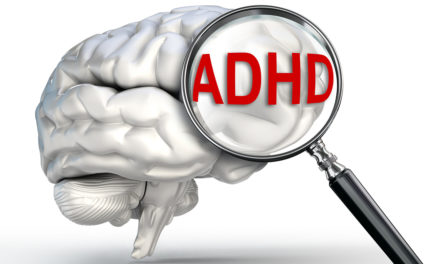When you search the literature, you will find a large number of studies that demonstrate the benefit of vitamin D and calcium for bone health. It is important to notice that there are studies that show the importance of other nutrients for the development of healthy bone. One nutrient, vitamin K, has been studied and shown to be of value in preventing osteoporosis. An analysis of earlier studies that appeared in the Archives of Internal Medicine (June 26, 2006;166(12):1256-61) came to the conclusion that vitamin K increases bone strength. Vitamin K is important to proteins that are found in bone. A commercially prepared form of vitamin K1 and vitamin K2 may be useful for preventing and treating osteoporosis. The article points out that several studies, both animal and human, have shown that vitamin K can help to increase bone mass and reduce bone loss. Studies show that the combination of vitamin K and vitamin D can significantly reduce bone loss.
In a study that appeared in the Journal of Obstetric and Gynaecologic Research (2006 Apr;32(2):230-4), 63 postmenopausal women with osteoporosis were randomly assigned to receive either 1500 mg of calcium carbonate along with 45 mg of vitamin K2 or 1500 mg of calcium carbonate along with a placebo. After 48 weeks, the group receiving the vitamin K had a significantly higher lumbar bone mineral density when compared to the placebo group. Research appearing in the Journal of Bone and Mineral Research (2000 Mar;15(3):515-21) looked at the effect vitamin K2 supplementation had on 241 osteoporotic patients over a period of two years. The subjects were given either 45 mg of vitamin K2 per day or a placebo, found that the treated group had fewer new fractures.
Other nutrients are important as well. One study, published in Osteoporosis International (Volume 20, Number 2, 335-340), found a link between high dietary potassium and good bone mineral density. Research in the Journal of Bone and Mineral Research (2005 Jan;20(1):152-8) found a connection between low vitamin B12 levels and poor bone mineral density. Research appearing in the Journal of Internal Medical Research (2007; 35(5): 692-5) found that women with osteoporosis tended to have lower magnesium, zinc and copper levels than women with healthy bone mineralization. Vitamin C supplementation has been shown to reduce the incidence of fractures, according to a study published in Osteoporosis International (Volume 20, Number 11, 1853-1861). The point is that there are many nutrients that are important for healthy bone, and good bone health involves more than just calcium and vitamin D.






